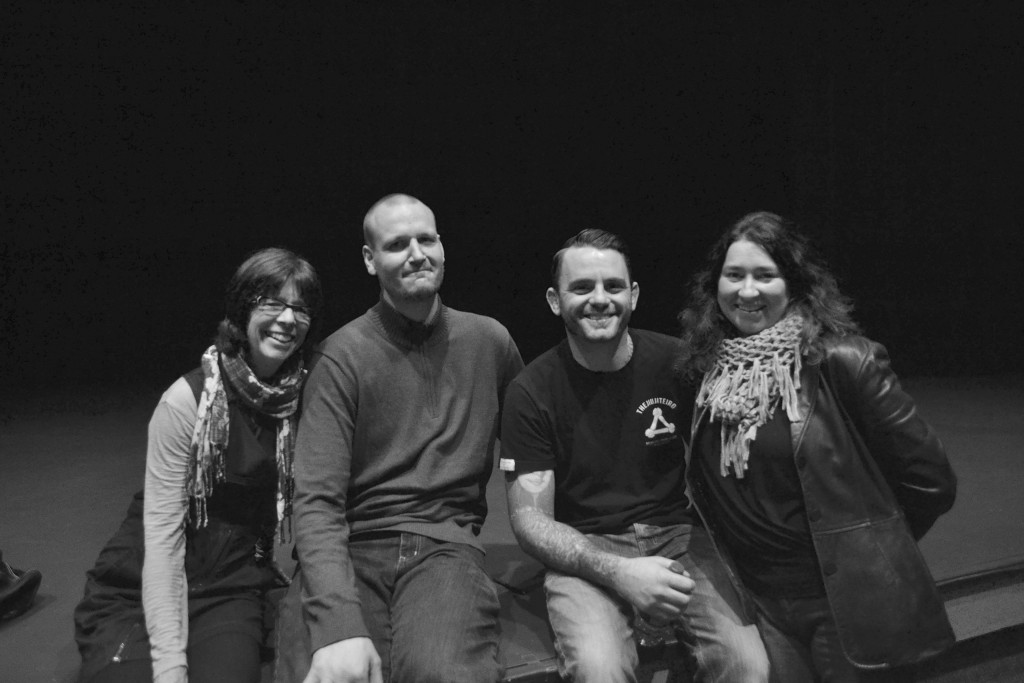The United States prison system has been the subject of a considerable amount of flak, especially the youth system. Studies indicate that approximately 67 percent of incarcerated youth are more likely to return to jail by the age of 25 and are 39 percent less likely to complete high school. These studies show that imprisoning young people does not help their future and, in fact, results in higher crime rates and worse qualities of life following incarceration. Brought to us by Heather Oaksen, the film “Minor Differences” addresses some of these issues and illustrates the true difficulties of life in the system.
Following the lives of five juvenile offenders, “Minor Differences” depicts the impact of prison on incarcerated youth. Real-life footage, some from the film classes where all the young men met, brings to the screen the difficulties and pain that the men endured. Theft, home invasion, drug abuse and violence are among the crimes of which many were convicted, and some were even as young as 14 when they entered the system. Each individual struggled to turn their lives around while battling addiction, poverty and need-based criminal activity. Some succeeded and others did not. Several attempted to outrun the law while others sat tight until they were released. The majority found themselves placed into the adult system for committing crimes after their youth sentence was over.

Director Heather Dew Oaksen with subjects of the film Matt Stafford and Casey Stentz and Producer Caroline Cumming / Contributed Photo
A key part of the prison system that is often glossed over is that post-imprisonment will be just as hard as pre-imprisonment. The young men found themselves surrounded only by other people who had committed crimes or been in jail, and they were in a foreign world. Both of the speakers discussed how strange it was to emerge from the system after spending upwards of five years within it and discovering that the world had moved on without them, that not only did they lack outside social connections but they also were in a completely different technological world. The reality hit them when they discovered how difficult it would be to get jobs and build their lives. This resulted in many of them relapsing to old ways.
After the award-winning movie, the floor was opened to questions from the audience, and two of the men who had been in the movie answered. One has become a freelance graffiti artist, and the other works in construction management. Stressing the importance of inner perseverance and strength they shared their journeys, and when asked the question of “what would you do differently if you could go back?”, they replied that they would not change how things have happened because it would not have made them the men they are today. The system did not break these men as it does many others, it bent them and spat them out, but they got back up and kept moving forward.
